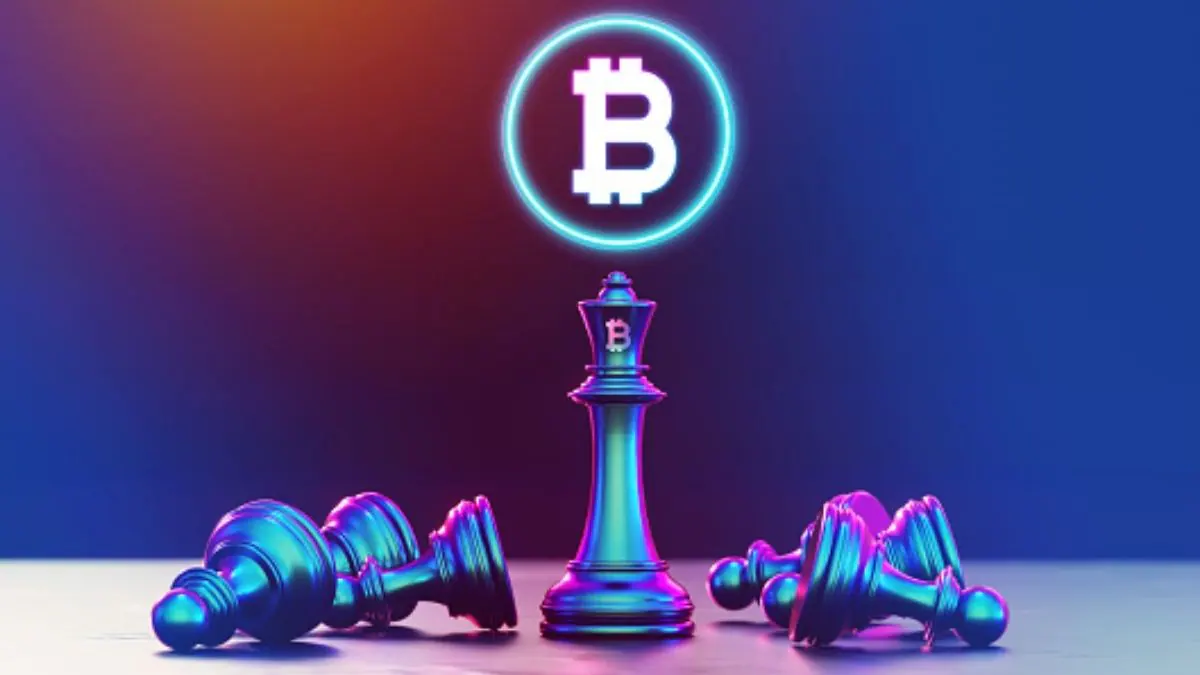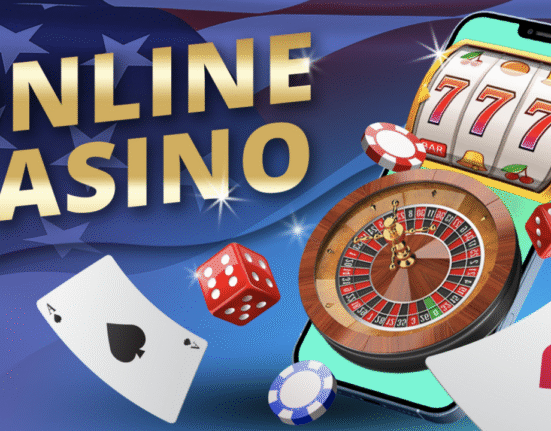Between 2021 and 2022, the “crypto winter” hit the blockchain world hard. Everyone in the industry learned a lot from the crash of FTX, which led to projects being stopped.
Gaming developers are finding new ways to create innovative games which offer unique benefits to players, such as the ownership of in-game assets and the ability to trade these assets on open markets. There is still much to be learned in the GameFi universe. There is a lot of potential for mass adoption of play-to-earn games.
“Play-to-earn,” a gaming model that allows players to earn cryptocurrency and other digital assets through playing games, is called “Play-to-earn”. This model could revolutionize the gaming industry in many ways.
Play-to-earn is a game that allows players to make real money for their efforts and time. Traditional games require players to invest significant time and effort into the game. However, they are not able to monetize their achievements or assets. Play-to-earn gaming allows players to earn cryptocurrency and other digital assets, which can be traded on the open market. This could make gaming more appealing and lucrative.
Play-to-earn games can also help game developers create sustainable business models. Developers rely on a few players who spend large amounts on in-game items and microtransactions to generate revenue. Developers can make more income with play-to-earn gaming because all players have the chance to earn cryptocurrency and other digital assets.
Play-to-earn games can create a more engaging and immersive gaming experience by allowing players to earn real value through their achievements in the game. This results in more engaged and dedicated players.
Play-to-earn gaming can transform the industry by opening new opportunities for players and developers. Even though it’s still in its infancy, play-to-earn gaming can revolutionize how we play and think about games.
There are many challenges that blockchain gaming has faced, some of which are connected to the wider cryptocurrency industry. These are just a few of the many challenges.
Volatility:
Cryptocurrency prices can fluctuate greatly, making it difficult for developers and players to plan for the future. Developers who depend on cryptocurrency-based revenue streams can find it difficult to prepare for the future. The value of their earnings may fluctuate over time.
Complexity:
Many people need clarification on the blockchain and cryptocurrency industries. This makes it difficult for them to get in. This can be difficult for non-technical players or casual users who want to learn more about concepts like blockchain, smart contracts and cryptocurrency wallets.
Regulation:
The cryptocurrency and blockchain industries remain largely unregulated. This creates uncertainty for developers and players. This can make it more difficult for companies and players to trust that their assets will be safe.
These challenges can be addressed by focusing on education and outreach to make blockchain and cryptocurrency technology more accessible to more people. This could include creating user-friendly resources and tools, such as simple guides and wallets for bitcoin gaming and easy-to-use guides.
This could include working with policymakers and regulators to create more consistent and precise rules for the industry. It could also have building trusting and confidence relationships with communities and players.






